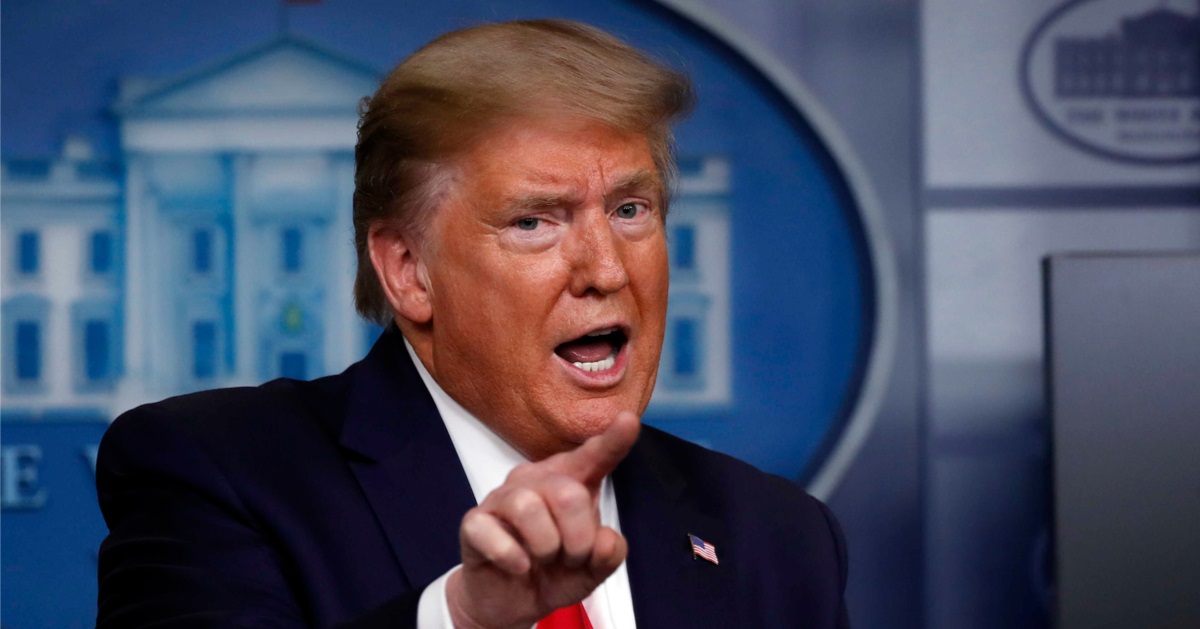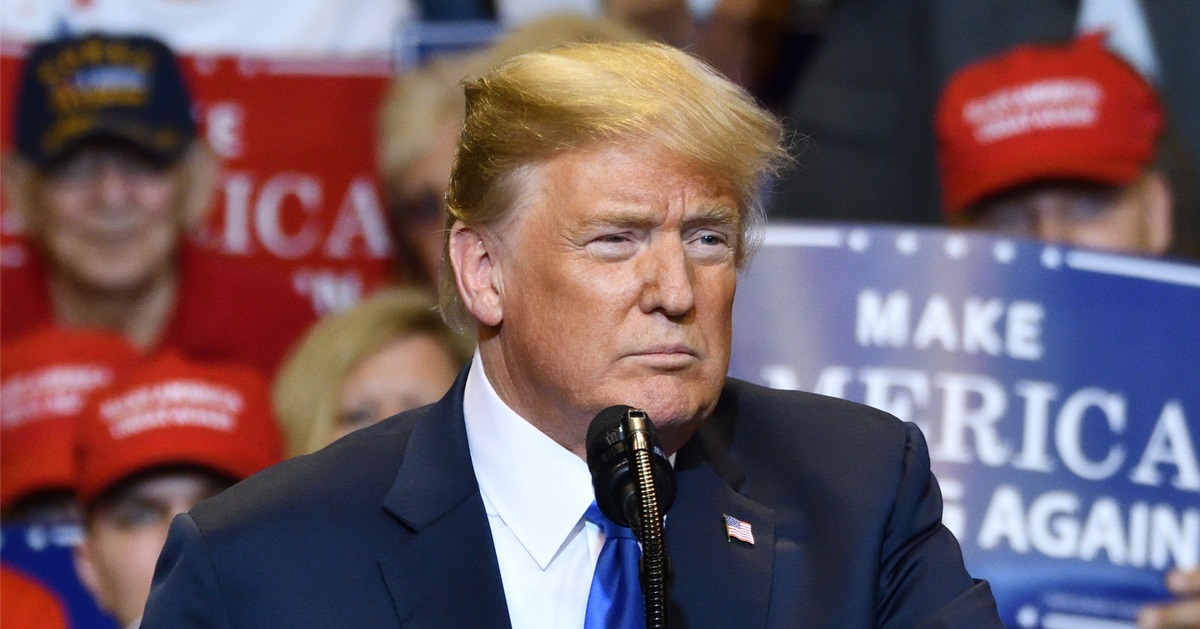Special Counsel Smith files appeal of Judge Cannon's dismissal of Trump classified documents case
Stemming from the August 2022 FBI raid of Mar-a-Lago, Special Counsel Jack Smith criminally charged former President Donald Trump for allegedly unlawfully retaining classified documents after leaving the White House.
U.S. District Judge Aileen Cannon dismissed that case last month, but Smith has now appealed that dismissal to the 11th Circuit Court in hopes that his prosecution of Trump will be reinstated, according to The Washington Post.
Cannon ruled in favor of Trump's attorneys and other legal experts who argued that Smith's appointment as special counsel was unconstitutional -- a ruling Smith unsurprisingly disagrees with and aims to have overturned.
Was Special Counsel Smith lawfully appointed?
Earlier this year, former President Trump's attorneys, backed by several prestigious constitutional authorities, argued that Attorney General Merrick Garland lacked the proper authority to appoint Special Counsel Smith to investigate and prosecute multiple alleged crimes committed by Trump.
At the center of the question was whether Smith, per the Constitution's Appointments Clause, needed to first be appointed by a president and confirmed by the Senate -- as is the case with U.S. Attorneys -- before exercising the immense prosecutorial power of the special counsel position.
Briefs were filed and oral arguments were heard, and then a Supreme Court justice weighed in on the matter and seemed to add some impetus to the urgency to reach a conclusive decision on the dispute about the legality of Smith's initial appointment and how his office is funded by the Justice Department.
SCOTUSblog reported that, though seemingly unrelated, Justice Clarence Thomas used his concurring opinion in the presidential immunity case to raise the question of Smith's appointment and suggested that, given the "unprecedented" nature of the criminal prosecution of a former president, it would behoove the lower courts to swiftly settle the issue.
"If this unprecedented prosecution is to proceed," Thomas wrote, "it must be conducted by someone duly authorized to do so by the American people. The lower courts should thus answer these essential questions concerning the Special Counsel’s appointment before proceeding."
Indictment dismissed
Judge Cannon wasted little time following Justice Thomas's nudge to presumably put the final touches on her 93-page order issued just two weeks later, which granted former President Trump's motion to dismiss the classified documents indictment on the grounds that Special Counsel Smith's initial appointment was unlawful.
"The bottom line is this: The Appointments Clause is a critical constitutional restriction stemming from the separation of powers, and it gives to Congress a considered role in determining the propriety of vesting appointment power for inferior officers," the judge wrote. "The Special Counsel’s position effectively usurps that important legislative authority, transferring it to a Head of Department, and in the process threatening the structural liberty inherent in the separation of powers."
"If the political branches wish to grant the Attorney General power to appoint Special Counsel Smith to investigate and prosecute this action with the full powers of a United States Attorney, there is a valid means by which to do so," Cannon added. "He can be appointed and confirmed through the default method prescribed in the Appointments Clause, as Congress has directed for United States Attorneys throughout American history ... or Congress can authorize his appointment through enactment of positive statutory law consistent with the Appointments Clause."
Smith demands reversal of Cannon's decision
In response, Special Counsel Smith on Monday filed an 81-page appeal of Judge Cannon's dismissal with the 11th Circuit Court and argued that AG Garland had ample existing authority to appoint Smith as a special counsel without first obtaining Senate confirmation.
"Two other statutes confer on the Attorney General the necessary overarching authority to staff, structure, and direct the operations of the Justice Department, which includes the power to appoint inferior officers and assign specific matters to attorneys such as the Special Counsel," the brief asserted. "Precedent and history confirm those authorities, as do the long tradition of special-counsel appointments by Attorneys General and Congress’s endorsement of that practice through appropriations and other legislation."
"The district court’s contrary view conflicts with an otherwise unbroken course of decisions, including by the Supreme Court, that the Attorney General has such authority, and it is at odds with widespread and longstanding appointment practices in the Department of Justice and across the government," Smith added. "This Court should reverse."



